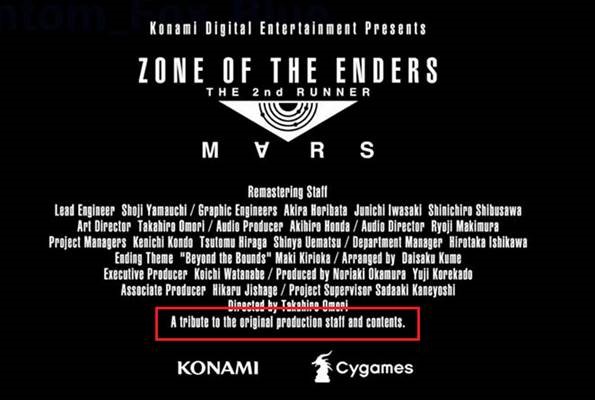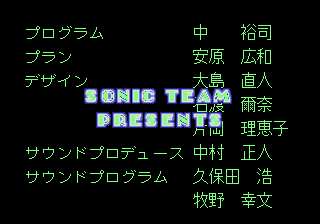
This update to Zone of the Enders: The 2nd Runner was a collaboration between Cygames and Konami. It’s a team building on top of a game made by a very different set of people. I started looking into this crediting situation after seeing a tweet claiming the game didn’t acknowledge the work of its original developers at all. That’s not true, but it is complicated, and as I started looking into the way other remakes/remasters handle this, it’s a total mess. A mess that's lingered in games for decades.“A tribute to the original production staff and contents.”
Crash Bandicoot is an interesting case because the original trilogy was developed by Naughty Dog and published by Sony—they were premiere PlayStation exclusives at the time. Sony never outright owned the franchise, only publishing rights to the original trilogy. The remakes showed up on PlayStation 4 first, but are now available on multiple platforms.This is a long way of saying Activision, who now owns Crash Bandicoot, doesn’t own Naughty Dog. There was no reason Naughty Dog had to be in the credits. But they were. (Albeit without specific staff names).“…and a super special shout out to Naughty Dog and the original Crash Bandicoot team members who contributed to the original three games!”
The first line really stands out: “It’s not like he was asking for his name to be in the title.” The notion of being given topline credit was absurd to the point of not being up for consideration!“It’s not like he was asking for his name to be in the title, but Sega of Japan wouldn’t even allow his name to appear at the end of the game. It was company policy not to credit anyone from the development teams, partially to instill an all-for-one attitude, but mostly to prevent other companies from knowing who did what, which would allow them the chance to poach programmers. Naka understood the policy, but that didn’t make it right. Artists sign paintings, writers get bylines, and a movie director’s work is hailed as “A film by So-and-So.” His desire for credit was less about ego and more about peace of mind.”

